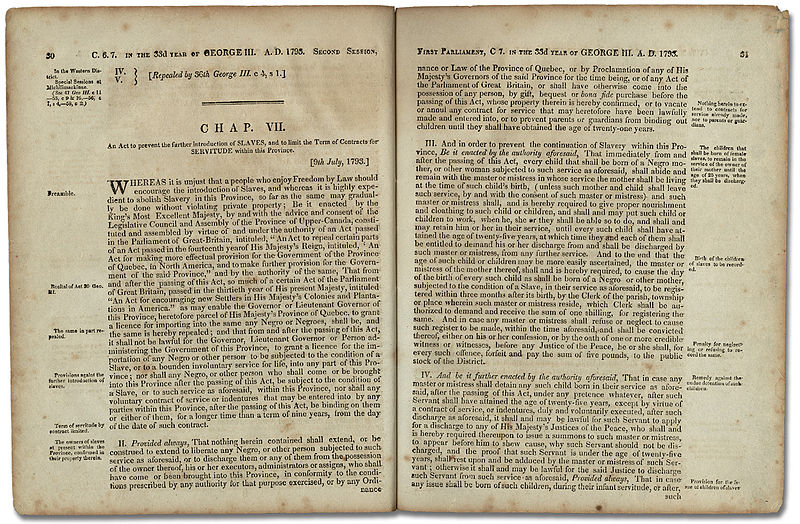Article
1 Canadian Mechanized Brigade Group (1 CMBG)
1 Canadian Mechanized Brigade Group (1 CMBG) is a formation of the Canadian Army. There are eight units in the brigade group: an armoured regiment, artillery regiment, combat engineer regiment, headquarters and signals squadron, two mechanized and one light infantry battalions and a service battalion. Brigade Group headquarters is located in Edmonton, Alberta.











